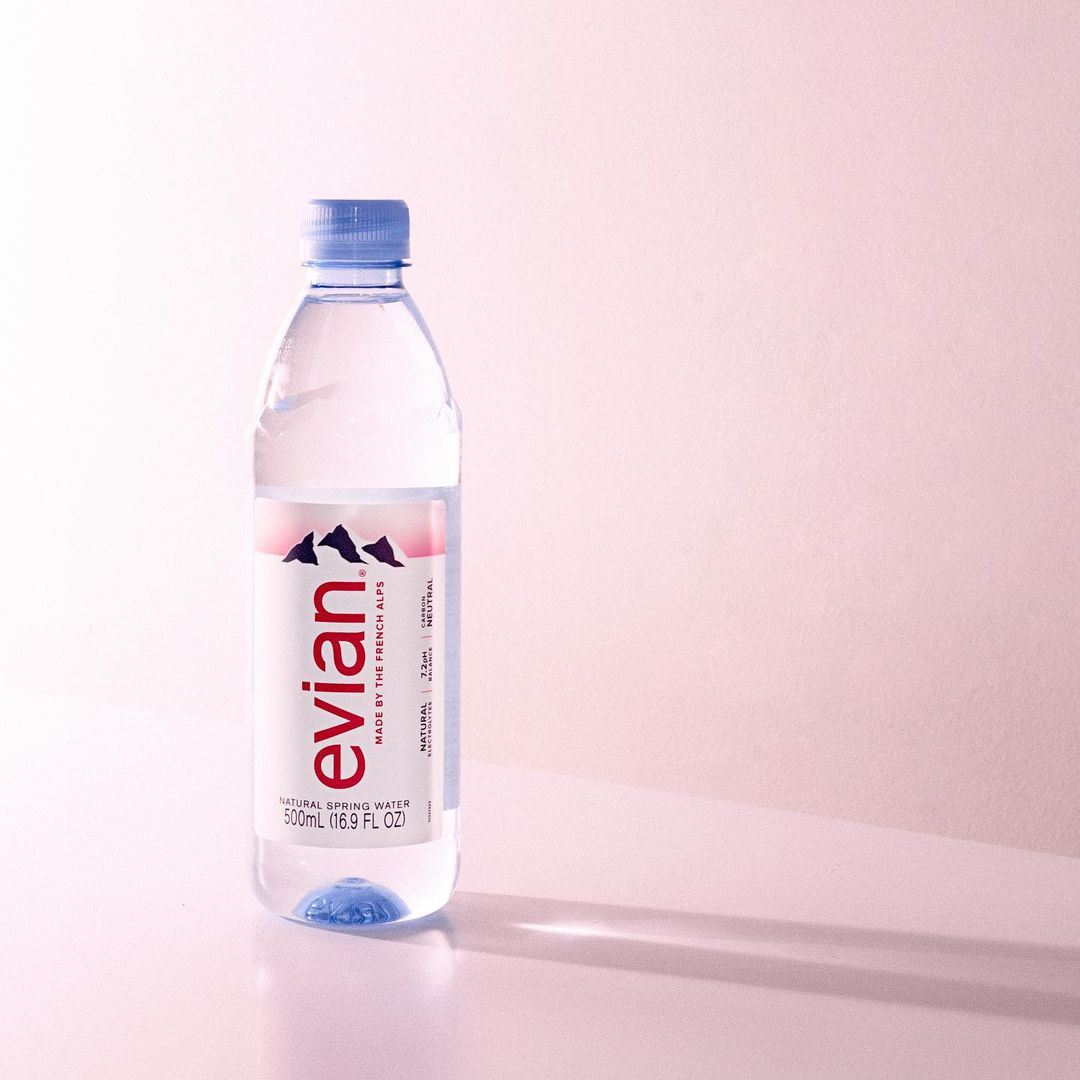If you are constantly drinking water, you should be aware of the signs you’re drinking too much water. With everything you hear and read about drinking water, you might think that you need to drink a lot of water to be healthy. In fact, there are some people who recommend drinking a gallon of water a day for health. While it is true that staying hydrated is extremely important, you can consume too much water. How much water you need depends upon your size, activity level, and the type of food you eat. You may be well intentioned by trying to drink a lot of water, but you could be drinking too much. If you suspect you might be doing that, you should pay attention to the followings signs you’re drinking too much water.
Reader Poll
Thanks for sharing your thoughts.
Want more like this? Subscribe for personalized picks.
Successfully subscribed.
Check your inbox for personalized content.
1. Electrolyte Imbalance
An electrolyte imbalance is one of the signs you’re drinking too much water. Electrolytes are mineral salts, like sodium and potassium, that your body needs. They help your body carry electrical impulses, which means they are especially important for heart and nerve function. Drinking too much water can dilute the electrolytes, causing you to have low levels of electrolytes. Having low electrolytes is a serious problem that can result in unpleasant symptoms like headaches.
2. Headaches
Headaches are one of the signs you may be drinking too much water. When you drink more water than your body needs, the sodium levels in your blood drop, which causes your cells to expand. As a result, your brain can swell and you can get a headache.
3. Slow Metabolism
You might be surprised that drinking too much water can slow your metabolism, but it actually can. Because consuming more water than you need causes the cells in your body to have low levels of sodium and glucose, your body can’t produce energy efficiently. When your body can’t efficiently produce energy, your metabolism slows and you can become tired.
4. Adrenal Fatigue
Adrenal fatigue is generally caused by being under too much stress, but drinking too much water can also cause adrenal fatigue. Consuming too much water puts stress on your body, because your kidneys have to work harder to filter the water to ensure the fluid levels in your body stay balanced. This can cause your stress hormones to be over stimulated, which can leave you feeling like you can’t get out of bed.
What you choose to wear while working out can have a significant impact on your comfort and performance. One essential item is the sports bra. Lack of proper support can lead to discomfort and muscle tissue damage. Choosing a good sports bra can help prevent these problems and ensure a great workout!
5. Muscle Cramps
Muscle cramps are another sign that you could be getting too much water. Because drinking excessive amounts of water causes your electrolyte levels to drop, you could develop muscle cramps from low electrolytes. To prevent this from happening, make sure you are replacing your electrolytes with electrolyte drinks like coconut water.
6. Frequent Urination
Frequent urination is an obvious sign that you are drinking too much water. Your kidneys can filter up to 15 liters of water a day, which means if you drinking a lot of water you will have to go to the bathroom frequently. If you are really overdoing it with water, you may end up having to go to the bathroom multiple times an hour.
Frequent trips to the restroom not only disrupt your daily activities but can also disturb your sleep cycle if you're waking up at night to use the bathroom. This condition is known as nocturia. While staying hydrated is crucial, it's equally important to listen to your body and adjust your water intake accordingly. Too much water can lead to a condition called hyponatremia, where sodium levels in your body drop too low, causing cells to swell. Signs of hyponatremia include nausea, headaches, confusion, and in severe cases, can lead to seizures or coma.
7. Clear Urine
Have you ever heard that your urine should be clear? It is not true. Your urine should have some color in it. According to the Cleveland Clinic, having pale yellow urine or even dark urine indicates you are hydrated. When your urine is clear, you have definitely overdone it on drinking water.
Making sure you get enough water is important, but you also want to make sure you don’t get too much water. Don’t try to force yourself to drink a gallon of water a day just because you read that it is a healthy practice. Instead, follow your body’s cues for how much water to drink. Do you think you drink too much water?
Sources: 180degreehealth.com, health.howstuffworks.com, chemistry.about.com, health.clevelandclinic.org
Reader Poll
Thanks for sharing your thoughts.
Want more like this? Subscribe for personalized picks.
Successfully subscribed.
Check your inbox for personalized content.
Don't Miss the Latest Version
Get the latest stories, save favorites, and share with friends — all in one place.
Create your profile. Earn badges. Level up your reading.
Join Allwomenstalk to track your streaks, collect badges, and earn XP for the things you already do—reading, sharing, and taking quizzes.
- 🔥Daily streaks with gentle boosts for 3, 7, and 30 days.
- 🏅Collect badges like Reader I–III, Socialite, and Quiz Ace.
- ⚡️Earn XP for reads, deep reads, likes, comments, and shares.
It’s free. Takes 30 seconds. Already have an account? Sign in.




Feedback Junction
Where Thoughts and Opinions Converge
2021-10-03T04:10:43.299Z
2014-11-16T16:21:57.002Z
2014-11-13T22:54:50.084Z
2021-10-03T04:12:02.970Z
2014-11-13T23:00:10.187Z
2014-11-15T22:48:18.521Z
2014-11-14T06:08:03.503Z
2014-11-14T04:09:46.354Z
2014-11-13T23:03:21.241Z
2014-11-15T06:32:27.458Z